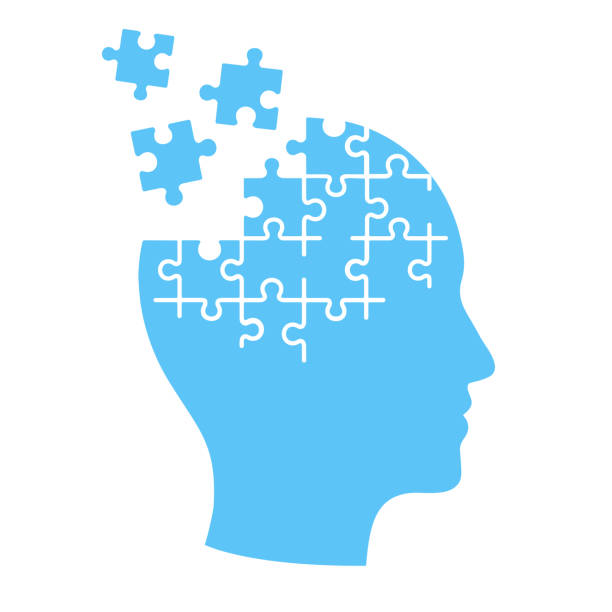Aarav Saki (Week 13): Making Memories
What does it mean to make a memory?
If you ask an artist, they may tell you that the memories they make are found in the paintings they create. With every stroke of their brush, they impart vibrant colors onto a canvas to tell stories of experiences past.
If you ask a student, they might say that making memories involves memorizing lengthy equations, or going out with friends, or giving that one embarrassing speech for which they were woefully underprepared. For a young student, memories come and go as they please, as they traverse through the whirlwind of experience that is growing up.
If you ask a scientist, they will define making memories as a process that takes place primarily in the brain. They will assert that memories are made when minute alterations are created between the synapses of the 100 billion neurons that reside within our heads.
A memory can perhaps be broadly defined as an idea or experience that is remembered by the mind. But the perspectives above show that making those memories varies greatly from person to person.
It is true that people can remember similar things, and can benefit from that shared experience. For instance, it is often the power of nostalgia or shared experience that is able to connect different people.
But what really makes memories so important is the fact that they are your own. Each memory you carry with yourself is unique, and whether you choose to share them or not, they ultimately influence who you really are.
Photo Source: https://www.istockphoto.com/illustrations/brain-puzzle

.png)

Hi Aarav, I read your blog, and I agree that different experiences can influence the memories of a person. Memory itself can be applied to many different situations, which makes it a powerful entity. Therefore, we should all learn to appreciate our memory, and learn to use it to our advantage in life.
ReplyDeleteHi Aarav, it is interesting how people's environments and experiences influence their memories and the way they look at the topic of memories. As you mentioned, an artist would describe memories in a completely different way than a scientist would. However, some things that are similar in many people's perspectives on memories are the nostalgia and experiences that connect them to others.
ReplyDeleteYou raise an interesting point: though there are many things that make each of us unique, including how we interpret memories, in the end we are not all that different. We all create memories in the same way at the most basic level and we all experience the same feelings of nostalgia and fondness when looking back at positive experiences.
ReplyDeleteHi Aarav,
ReplyDeleteI love reading your blogs because you always have an interesting approach to each topic. Memories definitely vary from person to person. However, in other ways then ones listed above as well. For example, people tend to remember different types of memories and it also varies on the mood as well. When I am happy, I remember good times with friends and family. When I am sad, I tend to focus on the things that went wrong at a certain time. Memories are so powerful; they allow a person to learn and grow. They are motivating and encourage people to look forward to certain things.
Hi Aarav, I love how you worded your blog! I too love how certain memories are exclusive to a person, making them even more cherishable as they are original. This reminds me of something I just read about, involving nostalgia; a certain song can remind you of when you were younger, but that same is just a random song to a stranger.
ReplyDeleteHi Aarav, this blog is so true. Everyone has their own memories, and their own way of looking at memory. Memory is a useful tool, and a versatile one because it can be defined and used so many different ways. At the end of the day though, memory is a way to preserve a piece of the past, so we can use it to improve our future.
ReplyDeleteHey Aarav, I really like your assessment of memories and how they can and are left open to being manipulated because of the emotional tendencies we have and how they are changed to reflect our expectations of that moment and how we wish it would've happened hiding the true event from ourselves to spare us from the pain of a bad memory.
ReplyDeleteHi Aarav, the way you analyzed memories made me think differently. I knew that everyone had different memories, but I never thought of how different people have different definitions of memories. The definition of memories also changes. It is true that when you ask a student what memory is, they will tell you memorizing a formula, but that student is also the one who becomes a scientist and changes their definition of memories. Memories change their definition over time, and they also change themselves over time.
ReplyDelete